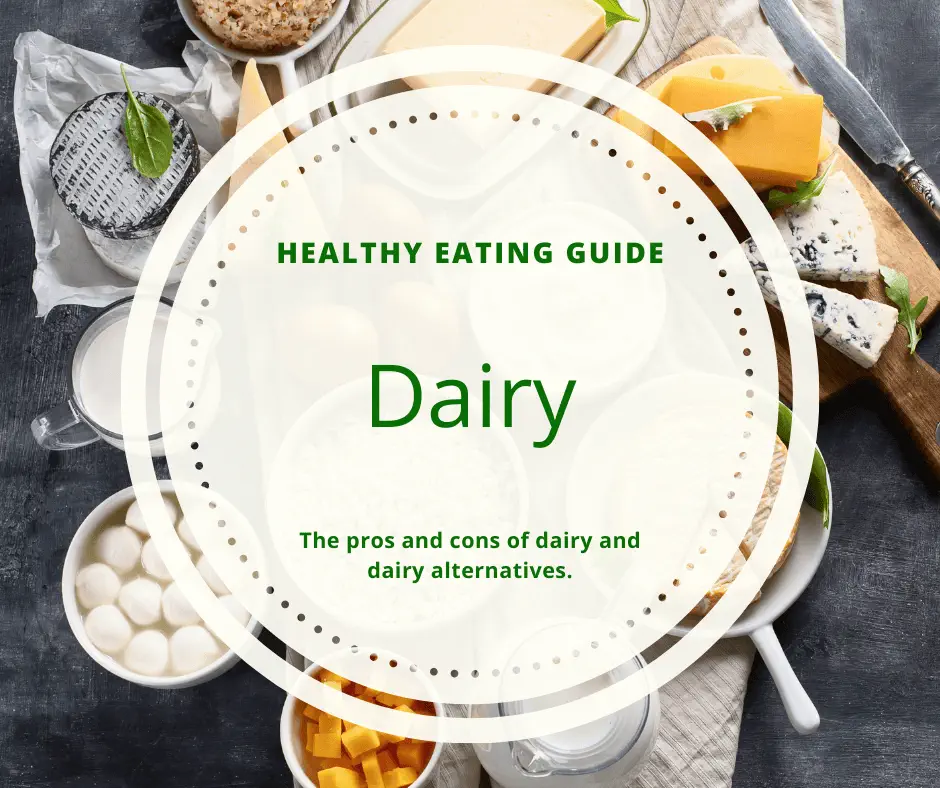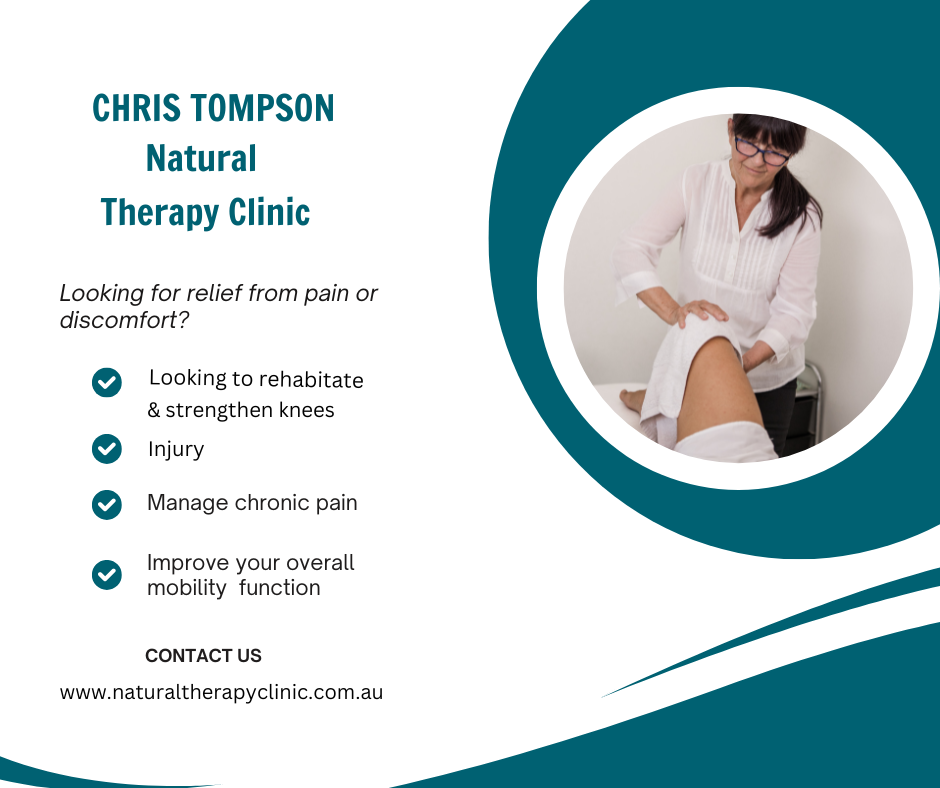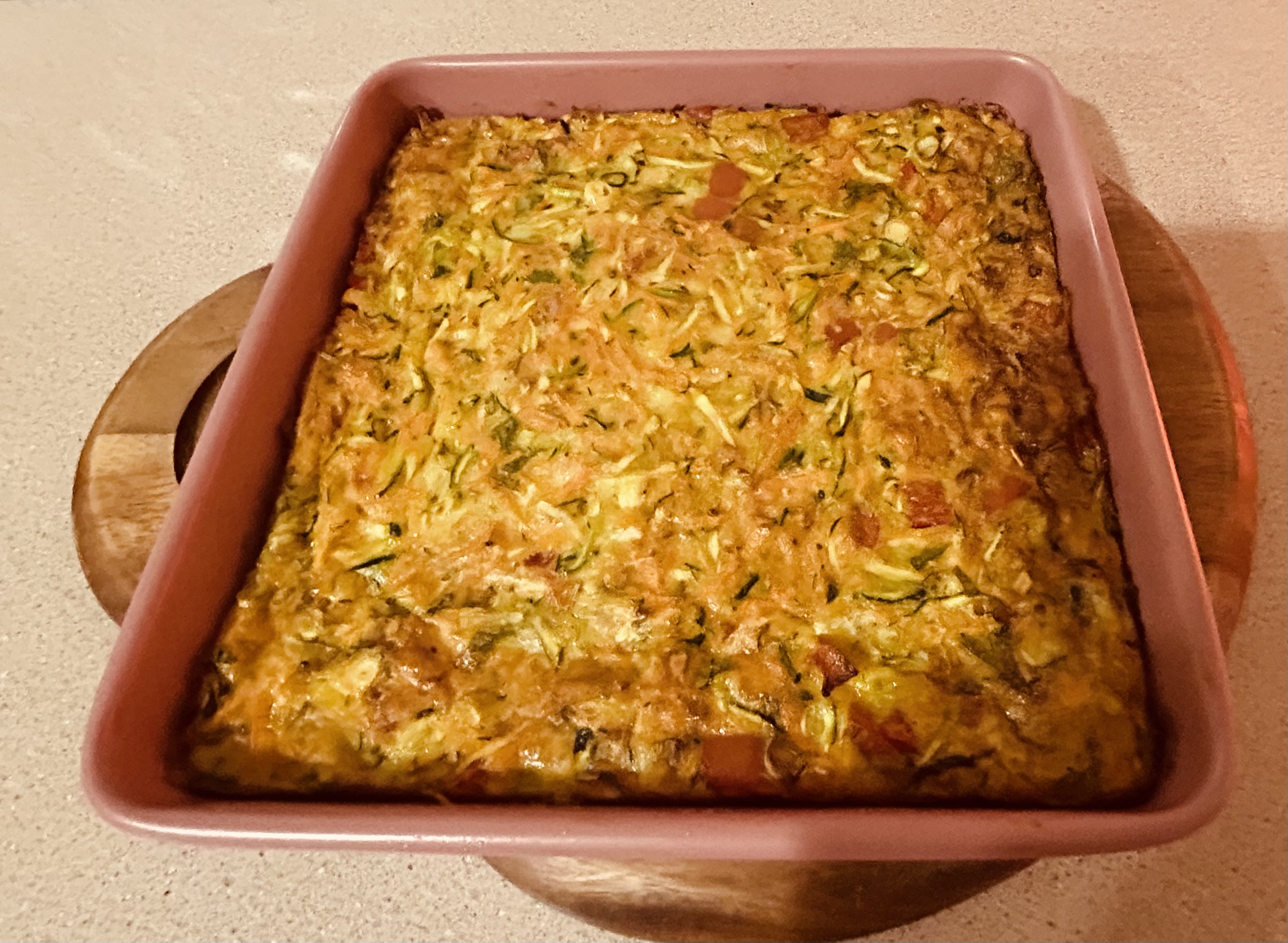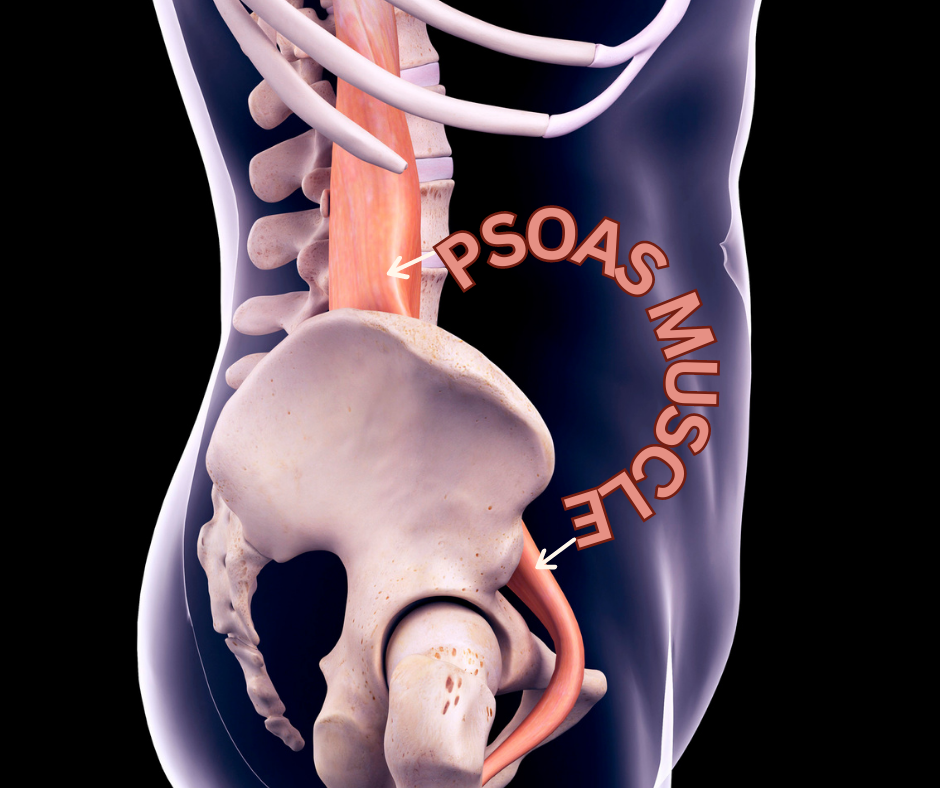Dairy isn’t necessary in the diet for optimal health, but for many people it is the easiest way to get their calcium, vitamin D, and protein.
Some sources of dairy are milk, cream (heavy cream, sour cream etc), cheese, yoghurt, butter, whey, casein, and ice cream.
Benefits:
- Bone health
- Dental health
- Increases muscle mass
Negative effects:
- Lactose intolerance
- Dairy products are linked to high cholesterol
- Dairy drinkers may have higher blood pressure
- Dairy products are high in sodium
- Dairy drinkers are more likely to suffer from asthma
- Consuming dairy can aggravate acne
- Hormones in dairy products may increase estrogen levels
Alternative foods that are also high in calcium, vitamin D and protein:
- Seeds
- Sardines and canned salmon
- Beans and lentils
- Almonds
- Leafy greens
- Fortified foods such as cereals etc
- Amaranth
These days there are a lot of alternatives too dairy.

Dairy substitutes:
Almond milk
Coconut milk
Oat milk
Cashew milk
Macadamia milk
Soy milk
Hemp milk (very high in protein, omega 3 and omega 6)
Coconut yoghurt
There are also many great vegan cheeses such as Bio Cheese, Sheesh and Vegusto
Summary:
It can be hard to find the right balance if you have dairy intolerances or choose to exclude it from your diet. There are plenty of options on the market to ensure you’re getting all the nutrients that you need.
If you find yourself struggling to decide what’s right for you, please make an appointment so we can create a detailed diet that suits you best.









